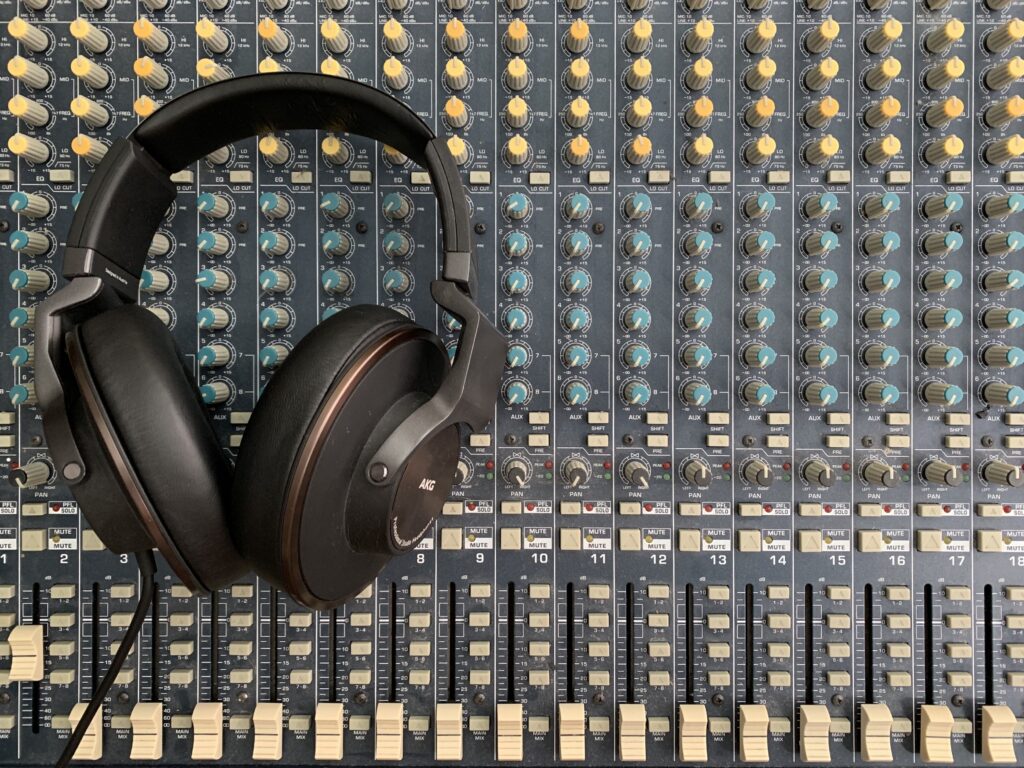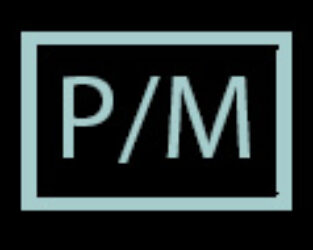
These are exciting times for those of us with project studios. The tools at our disposal are simply astonishing – powerful DAWs, virtual instruments, and just about any audio processing effect you can imagine. Not too many years ago, maintaining a collection of your dream gear required patience, a small fortune, and a large warehouse. Today, it all fits in your computer. Having access to so many of these tools allows project studios the ability control all aspects of the recording and production process, including tracking, mixing, and mastering. Today, let’s focus a bit on audio mastering.
Mastering is the final stage of creating your sonic fingerprint, fixing any remaining issues, and ensuring it all sounds as consistent as possible across many different devices. Mastering has long been a mysterious process involving fabled wizards wielding secret vintage gear. Thanks to modeling technology, some of that gear has been reborn as plug-ins. Waves went as far as re-creating some of the unique vintage gear from Abbey Road Studios. Wonderful stuff, indeed! But what about that wizard part? Do you need a resume that reads like a list of everyone’s favorite bands? Experience and know-how is important – so learn as much as you can – but it’s also important to recognize that many of most famous audio engineers owe their success to experimentation. Just keep a few things in mind.
A little goes a long way
Even though we may have every known spice in the cabinet, that doesn’t mean they should all go in the soup. Mastering is the same way. Stacking virtual tube preamps, multiple equalizers, and compressors has an additive affect on the audio. Many of these components, especially those that emulate vintage gear, add sonic color. Some even attempt to recreate the hum, wow, flutter, and other artifacts from the original hardware. It’s all good, but if you’re not careful, your can lose control of certain frequencies, gain, and more. The truth is, good mastering benefits from a light hand. If your mix doesn’t sound right before mastering, it’s likely not ready for the mastering stage.
Compression and dynamics
The most troubling trend in mastering has been trading dynamics for perceived volume. It’s gone a bit overboard in my opinion. Compression can be very useful, but removing too much of the dynamic content leaves your project sounding flat (literally) and static. I consider dynamics to be an instrument in and of itself. Use it, don’t lose it. And besides, if we want more loudness, we all know how to use that volume knob, right?
Distorting the facts
Another popular trend is to recreate the soft clipping of old analog gear, specifically tube overdrive. Used sparingly in the right places, it can add some warmth (more on that later) and round things out a bit. Many plugins provide this useful feature, but you might find yourself with gain and overdrive settings across several stages of your mastering workflow. Be careful, the cumulative affect of just a few instances of soft clipping can grow into unpleasant distortion.
Here come the warm jets
Warm, warm, warm . . . another pet peeve of mine? Well, it’s certainly one of the most overused and misunderstood terms in the world of audio. Mostly used to describe the softer tone of vintage tube gear, it basically translates to rolled-off high frequencies. Adding “warmth” can be very useful when you’re starting with sterile sounding audio. But once again, stacking multiple instances of processing that rolls-off high end can quickly turn things dull and muddy.
Don’t get too excited
Exciters and treble-centric processors can add some sparkle and upper frequency animation to a flat sound, but again – too much can turn that work of art into an attack of icepicks. Just a touch a cayenne pepper, not the whole container.
Mastering is a complex subject – we’ve only scratched the surface here. Other topics such as gain-staging, phase, and limiting can fill volumes on their own. Hopefully I’ve given you some ideas to ponder. I’ll leave you this advice – trust your ears – they are among the best mastering tools you own.
Cheers,
MP
